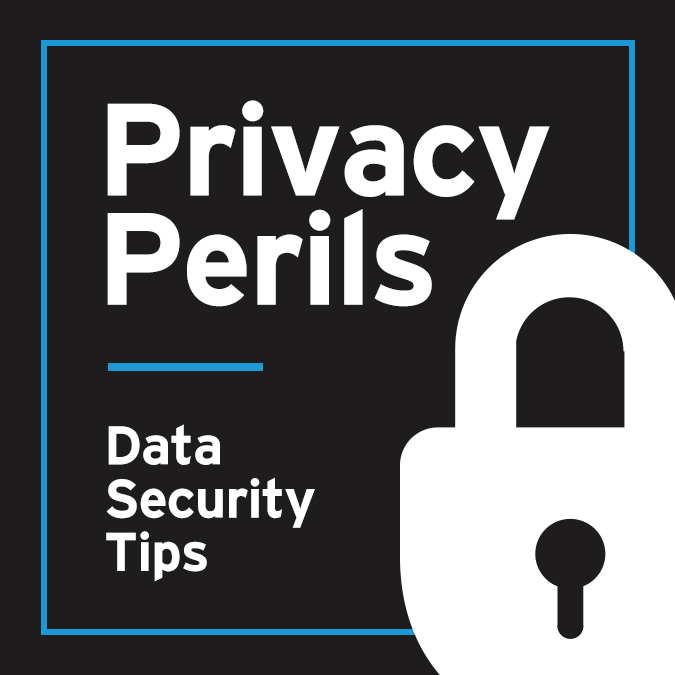In this homestretch to the November 8 elections, expect a hard push from scammers posing as pollsters, political party staffers or PAC officials in tongue-twisting ploys to obtain your personal and financial information. These scam artists are targeting potential voters through a variety of telephone calls since Do Not Call Registry rules allow pollsters, politicians and charities to contact you. And, of course, caller ID can be easily spoofed. Keep on guard for these most-common election scams:
- Phony Campaign Fundraising: Callers claim to represent a political party, actual candidate or voter cause and ask for donations over the phone.
- How to Avoid: Never respond immediately to unsolicited phone calls. Do your own due diligence; get their organization name and contact information and verify this information online or with the BBB before donating any money. If you want to donate, call the campaign or election office or visit the party or candidate website directly.
- Election Survey Scam: Callers claim to be conducting a political poll or survey on behalf of a political party, polling organization or the news media to obtain financial and personal information. Generally, callers choose a topic that is making headlines and offer a “too good to be true” reward for answering their questions. After completing the survey, victims are told their reward will be mailed, but first, the caller needs credit card information to cover the associated fees.
- How to Avoid: Polling companies conducting political surveys do not offer prizes. Legitimate companies will never ask for confidential information such as bank account and credit card details. *Continue to stay wary of this scam after the elections are over.
- Voter Registration Scam: Callers claim you need to re-register or update your voter registration as a means to obtain personal information that could be used for identity theft.
- How to Avoid: For any questions regarding voting eligibility, never give personal information over the phone, but instead contact your county election office or your state election division. Remember, you cannot register to vote over the phone, and most states require registration to be completed at least 30 days before an election.
 Check out our series, Privacy Perils, to learn what steps you can take to guard your personal and company data. For more information about this topic and other cyber security concerns, please contact a member of our Privacy & Data Security team.
Check out our series, Privacy Perils, to learn what steps you can take to guard your personal and company data. For more information about this topic and other cyber security concerns, please contact a member of our Privacy & Data Security team.


